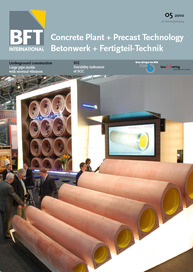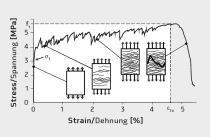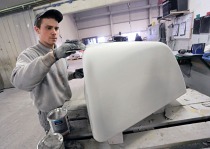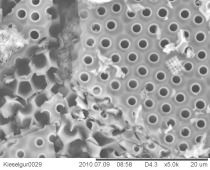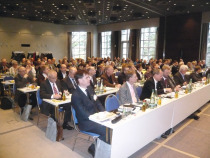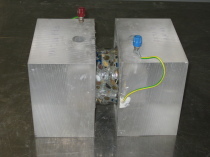Towards performance-based specifications for the durability of SCC
The fundamental principle behind the development of SCC has been the nanoscale tailoring of cementitious matrices. Although self-compacting concrete (SCC) is currently used in many countries, there is a fundamental lack of the intrinsic durability of the material itself. The scope of the current paper is to present the outcomes of a research study on some principal indicators (porosity and capillary absorption) that define the durability of SCC, and how these are compared with the corresponding parameters of conventional concrete. Furthermore, this paper investigates the addition of industrial by-products, such as fly-ash or lime powder, to SCC mixtures and their effect on the durability indicators.
The issue of durability
The potential for improved durability was one of the factors that led to the development of SCC. The densified microstructure and the improved consolidation of SCC can result in better durability. The pore structure of the bulk paste and the interfacial transition zone characteristics of SCC are often improved due to the relatively low water to binder ratios. The significantly improved stability, reduction in bleeding and elimination of vibration can lead to a denser interfacial transition zone and hence to better durability. The durability aspects of SCC have recently...




